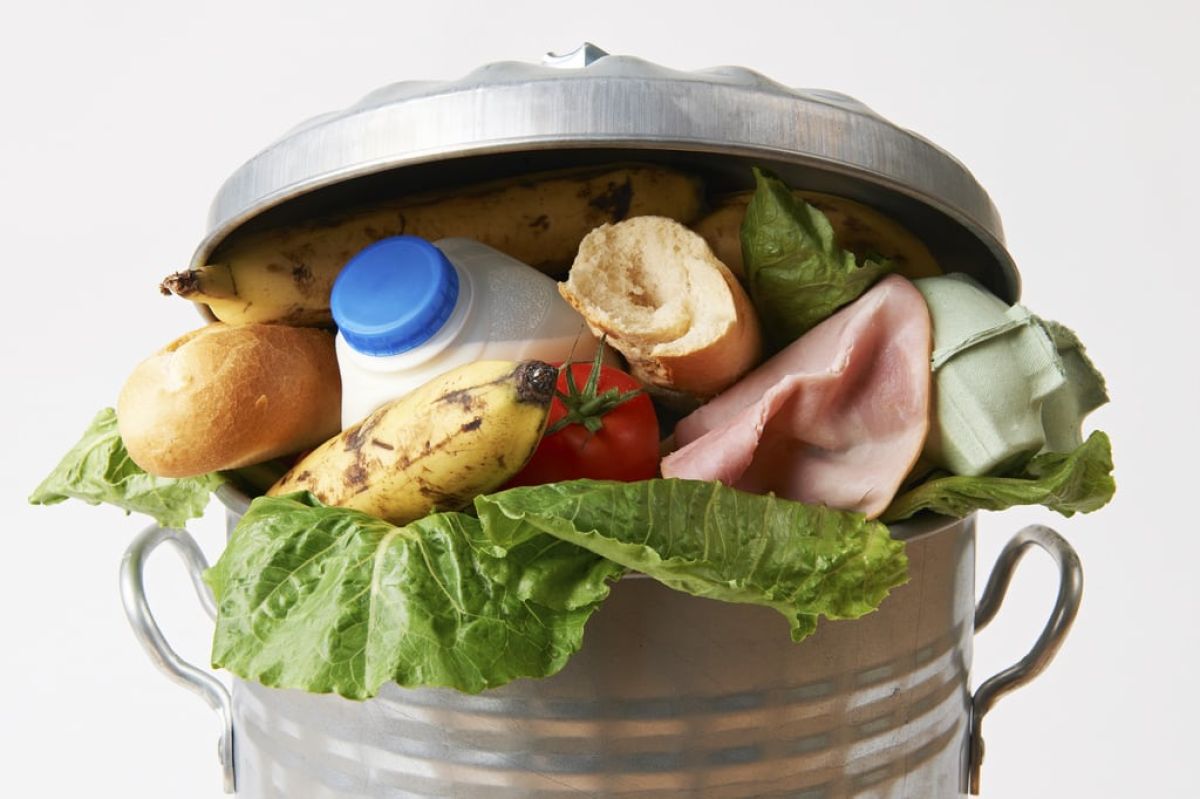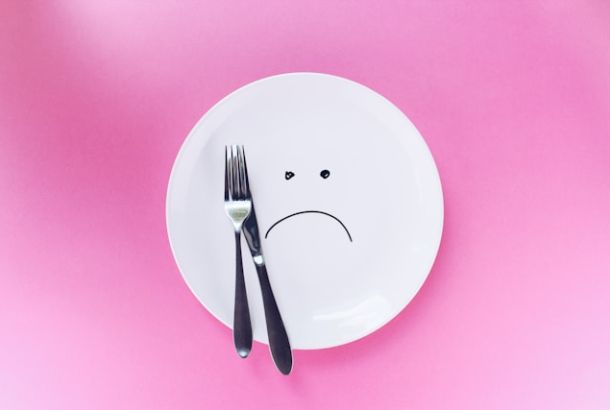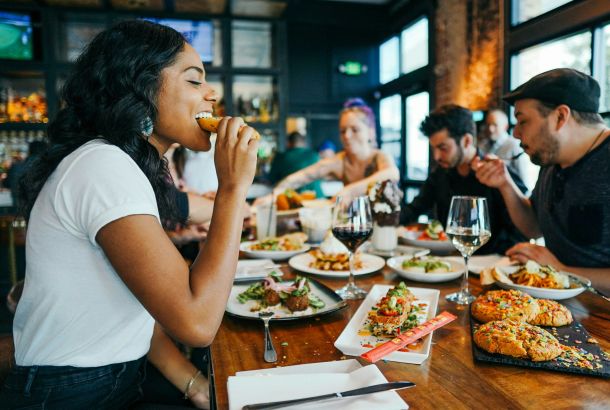A third of all food is wasted and you’re responsible
By milodiduca

Food waste is becoming an increasing problem, particularly in developed countries. However, the main culprit is perhaps not who you’d think.
In richer countries like the UK, over half of all food thrown away is from households compared to just 2% from retail (the rest coming from supermarkets and elsewhere in the supply chain).
As someone who’s worked in commercial kitchens, it’s easy to see that an explanation for this could be how profit-driven most restaurants are.
Their ruthless cost-cutting means they work around the food they have in, only order enough of what they need, plan ahead etc. We can all learn from their waste minimizing ideas. Implementing a meal plan and writing down list of what you’ll need is a great way to prevent over-consuming when doing your ‘big shop’. If there are any leftovers get creative and fit them into your meal plan for next week instead of throwing them away.
The most common things I see thrown away are big bags of salad leaves, like spinach, bread, and leftover vegetables from big bags. The supermarkets are partly to blame by only offering things in huge quantities, but this can be overcome by buying loose fruit and veg so you can choose exactly how much you’ll need. This also reduces unnecessary plastic. Bread can also be eaten up until its mouldy; it just needs to be toasted, or you could look up one of the many techniques to revive stale bread.
There’s also been a recent shift from “use by” dates to “best before” in order to reduce the amount thrown away. Lots of fruits and vegetables are safe to eat long after their “best before”. Ignoring the date on the packet and actually checking the state of your food is the best way to decide whether it needs throwing or not.
It is also worth downloading food waste apps such as Olio. They work like GumTree for left over food that households (and some restaurants) won’t use. You don’t need to pay for the food you collect and it helps build a greater sense of community, sharing food with your neighbourhood. The more people who get involved, the more effective these schemes will be at reducing waste.
As effective as these tools can be, we also need a cultural shift in our attitudes towards food. In wealthy counties, where food is in abundance, its true value is hidden.
A lot of time, money, and effort has been put into the foods we eat and yet it is seen as disposable. As a collective, we need to stop treating food as an entitlement and start seeing it for the luxury it is. Vandana Shiva, environmental activist has claimed: “Whenever we engage in consumption or production patterns which take more than what we need, we are engaging in violence.”
Our food habits are violent. The upshot is that by being 50% of the problem, we are also 50% of the solution. If we all change our attitudes and habits, we can stop the violence resulting from food waste and make a change.







